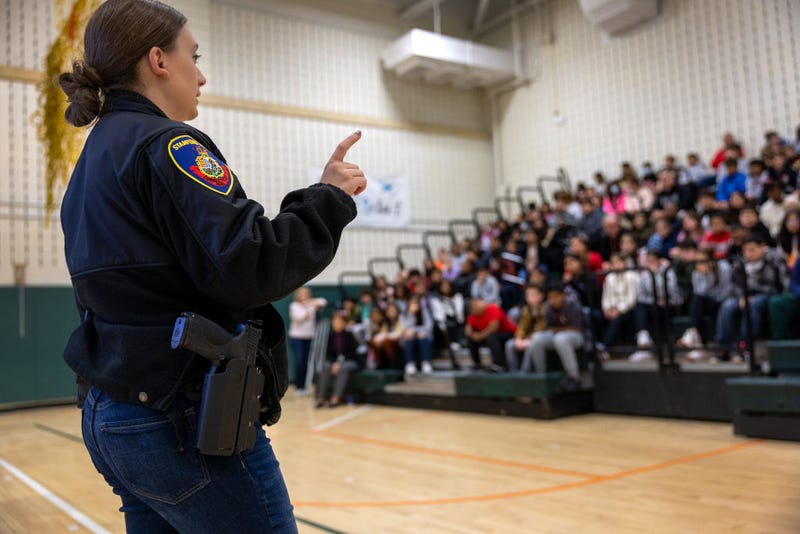
Amendments to school discipline laws in Minnesota are receiving heavy criticism ahead of the new school year.
Just this week Minnesota Attorney General Keith Ellison clarified the changes, saying the laws don't prohibit use of force in schools, if used to prohibit bodily harm or death. He added that the new laws don't change the meaning of "reasonable force."
According to Ellison:
"That opinion clarifies that the amendments do not limit the types of force that may be used by school employees and agents to prevent bodily harm or death, but retain the instruction that force must be 'reasonable' in those situations. In other situations that do not pose any threat of bodily harm or death, the amendments provide that school employees and agents 'shall not use prone restraint' or 'inflict any form of physical holding that restricts or impairs a pupil’s ability to breathe,' among other provisions."
Brooklyn Park Police Chief Mark Bruley expressed his frustration of the new laws regarding School Resource Officers (SRO's) in an interview with WCCO Radio on Friday afternoon.
Bruley says that SRO's can no longer take appropriate action before an incident unfolds.
"So that's why SROs are so concerned," Bruley told WCCO's Mark Freie. "And I have school resource officers that are refusing to go back and I completely understand them. They have dedicated their lives to protecting children in these schools. And now they know that a child, you know, a student will show up, he's not supposed to belong there. He'll be there to go get involved in a fight or go find a rival student that he wants to get involved in a fight with. And instead of getting arrested or stopped at the door, we have to let him in and follow him around asking him to leave. And cannot take, you know, preventive action. It's just reckless to be honest with you. This law makes our students more at risk than before. And we're trying to go to school to make them as safe as possible so our children can learn."
According to Bruley, SRO's rarely use any type of force during a given school year. Meanwhile teachers and principal's are often forced to interject themselves into dangerous situations.
"Actually, what the Attorney General is saying is the only time a police officer can use force is to prevent bodily harm, and when they reach the threshold of preventing bodily harm, they can use everything including prone restraints or compressive restraints," claims Bruley. "So it's ironic, right? It just shows you how poorly written the law is, that language that is specifically written in the statutes that prohibits SROs from using prone restraints or compressive restraints is actually irrelevant. They still can use those restraints, but only in circumstances where they're preventing bodily harm. So precisely at that definition."
In response to the changes, the Anoka County Sherriff's Office said this week that it will no longer patrol Andover High or Oak View Middle Schools, while the Moorhead Police Department says they will also suspend their SRO operations.
"We chose to take the route of let's empower our officers to have all their police powers, we'll put our SROs back into patrol and will respond to the school without a contract in place where they can come in and be more effective," explained Moorhead Police Chief Shannon Monroe.
Bruley adds that where the law uses the word "imminent" is too late in most cases.
"Their threshold has significantly gone up of when they can use force and for them it's imminent bodily harm," he says. "They have to be able to determine that before they can use any force on a student, there has to be imminent bodily harm before they can take any action. And the word imminent means immediate, meaning it's going to happen right now. So that would be something like a child pulls his hand back and starts to punch another child. Then the teacher can interject themselves. And I'm just fearful that interpretation is not greatly understood by teachers and principals of how high that threshold is."

